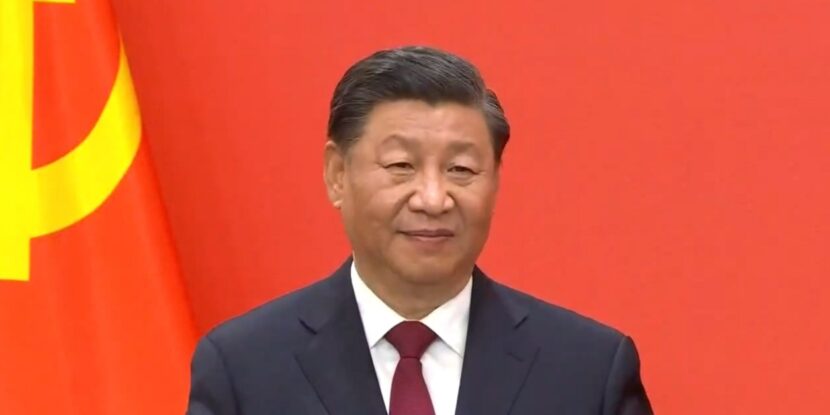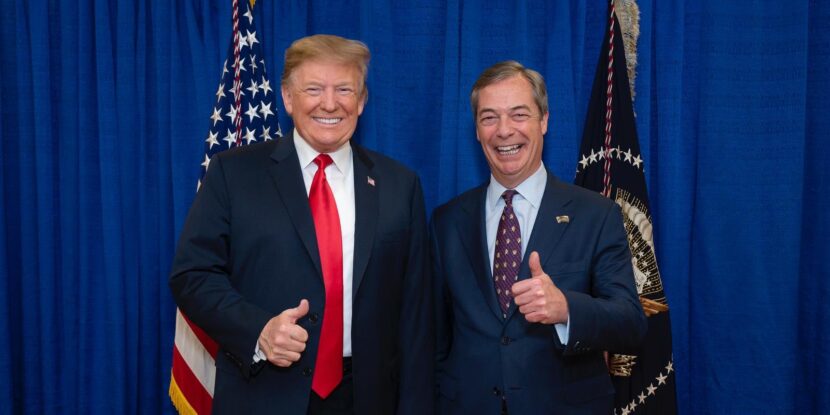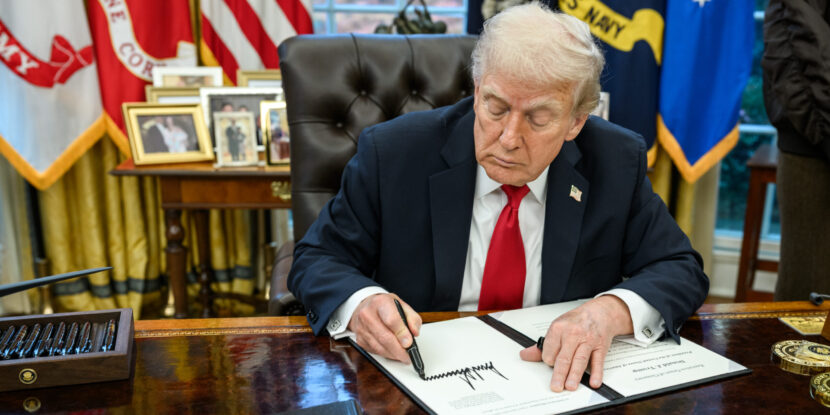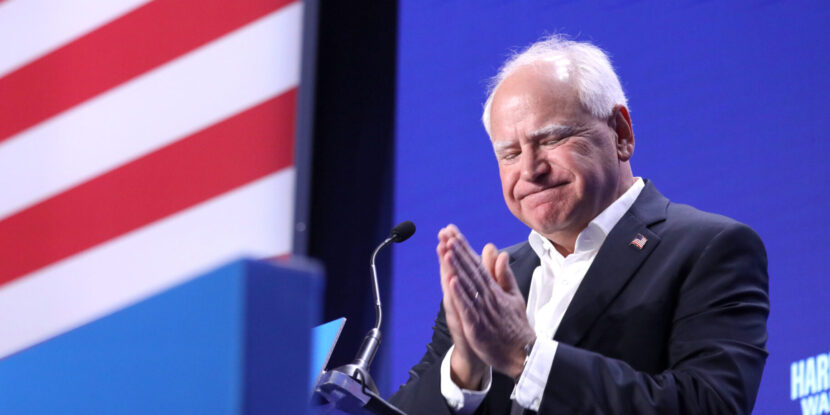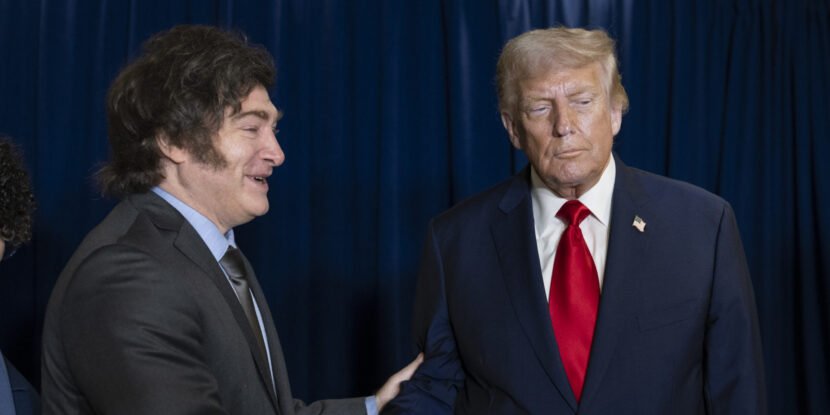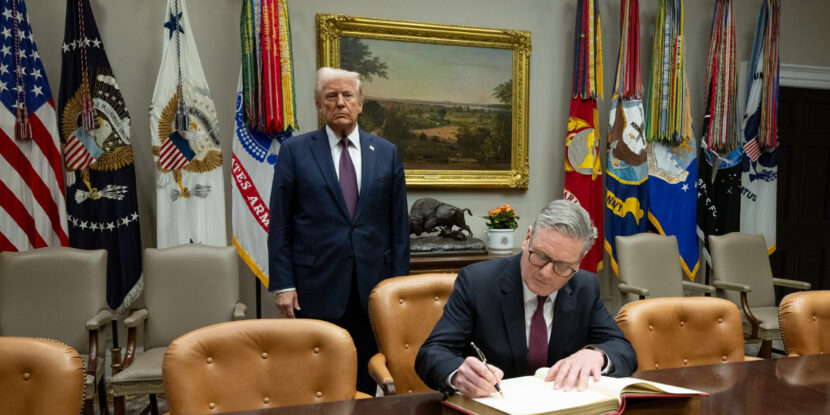PULSE POINTS:
❓What Happened: The United States raised tariffs on Chinese goods to 104 percent at midnight. In retaliation, China announced a further 50 percent tariff on American goods, raising its total tariff on U.S. imports to 84 percent.
👥 Who’s Involved: President Donald J. Trump, U.S. Treasury Secretary Scott Bessent, Chinese President Xi Jinping, Chinese Foreign Ministry spokesman Lin Jian.
📍 Where & When: The tariffs were enforced at midnight on Tuesday, April 8, with China’s retaliatory measures scheduled to start on Thursday, April 10.
💬 Key Quote: “They are the surplus country. Their exports to the U.S. are five times our exports to China. So, they can raise their tariff, but so what?” — U.S. Treasury Secretary Scott Bessent.
⚠️ Impact: The additional tariff imposed by China on American goods marks a continued escalation in the trade conflict between the two nations and will likely increase global market volatility. However, China’s position as a heavy net exporter means their tariff is likely to have little effect on the American economy overall.
IN FULL:
The People’s Republic of China will impose an additional 50 percent tariff on American goods beginning Thursday after U.S. President Donald J. Trump raised the tariff on all Chinese imports to 104 percent yesterday at midnight. American goods exported to China will now face an 84 percent tariff in total. The Chinese retaliatory tariff will likely have little effect as the communist state exports far more goods than it imports.
“I think it’s unfortunate that the Chinese actually don’t want to come and negotiate because they are the worst offenders in the international trading system. They have the most imbalanced economy in the history of the modern world. And I can tell you that this escalation is a loser for them,” U.S. Treasury Secretary Scott Bessent said on Wednesday after China announced the new trade duties. He explained: “They are the surplus country. Their exports to the U.S. are five times our exports to China. So, they can raise their tariff, but so what?”
The Treasury Secretary also warned the Chinese Communist Party (CCP) that what they “should not do is try to devalue their way out of this,” noting that the Chinese offshore yuan—the country’s internationally tradable currency—hit its weakest level since 2010 on Tuesday. Bessent emphasized that any attempt by China to devalue the yuan would force other nations to “keep raising their tariffs to offset the devaluation.”
China, however, contends the United States is using trade policy to attack its sovereignty and development interests. “We will not let anyone take away the Chinese people’s legitimate right to development. We will not tolerate any attempt to harm China’s sovereignty, security, and development interests, ” Lin Jian, a spokesman for the Chinese Foreign Ministry, said after the announcement of an additional 50 percent tariff on U.S. goods on Wednesday.
While China and a handful of other nations continue to resist President Trump’s moves to end unfair trade barriers against American products, at least 70 countries are set to begin negotiations with the White House on bilateral trade agreements.
